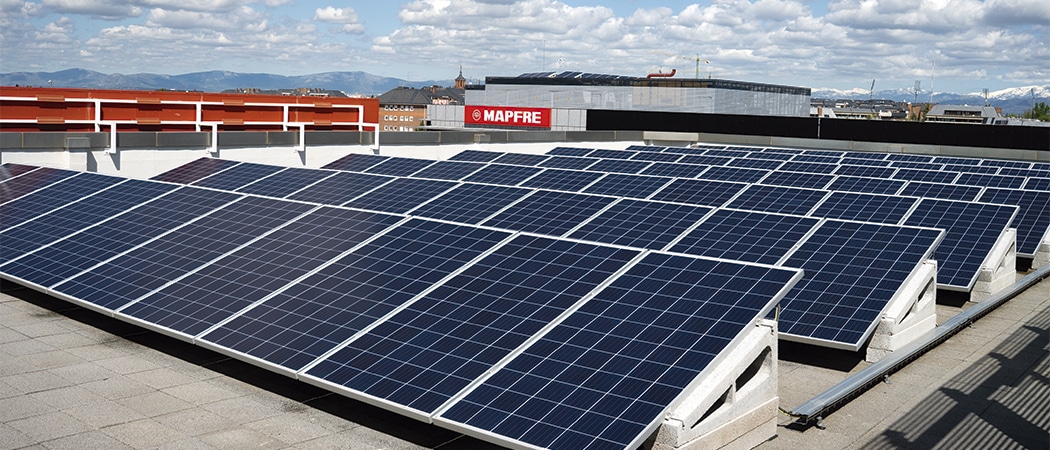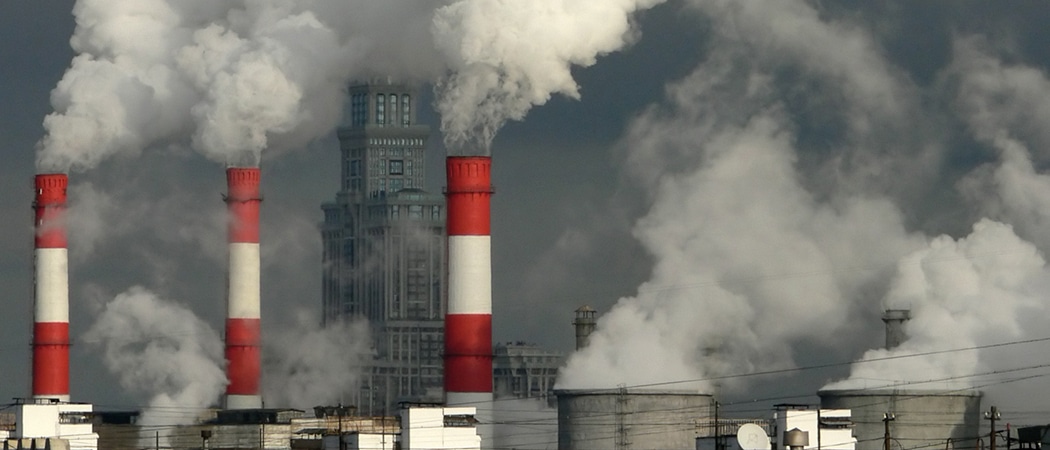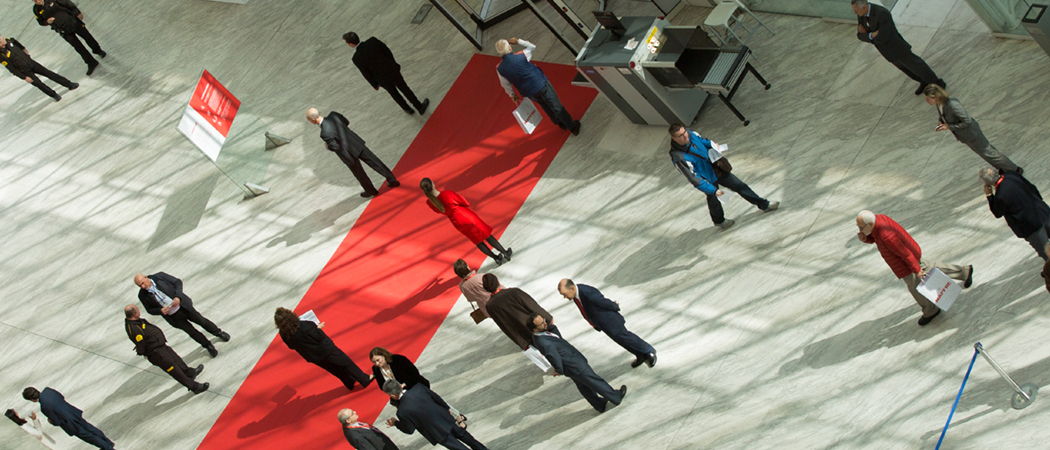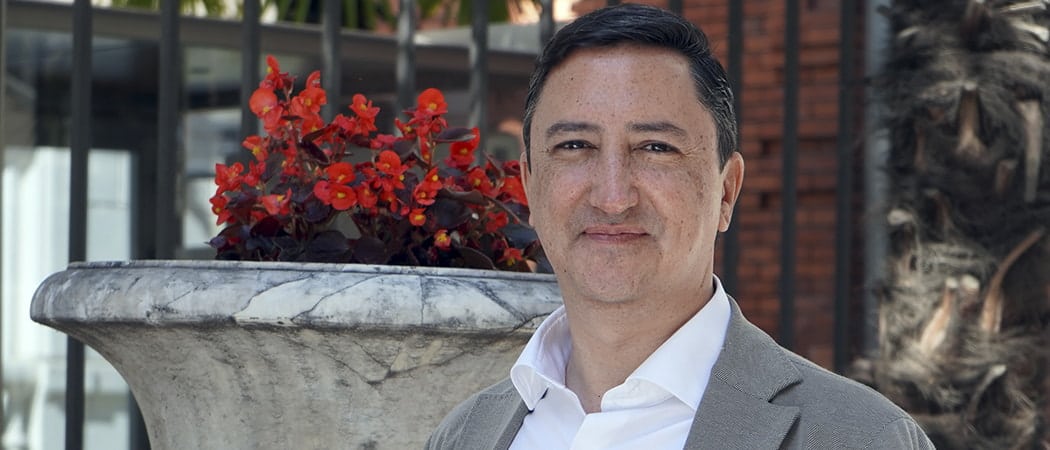TEXT NURIA DEL OLMO | IMAGES ISTOCK, MAPFRE
In an effort to combat climate change, MAPFRE is committed to reducing carbon emissions and energy consumption as much as possible in all countries where it operates. It will do so thanks to an ambitious plan that will see the company promote recycling, solar energy, sustainable mobility, and reforestation, among other measures.
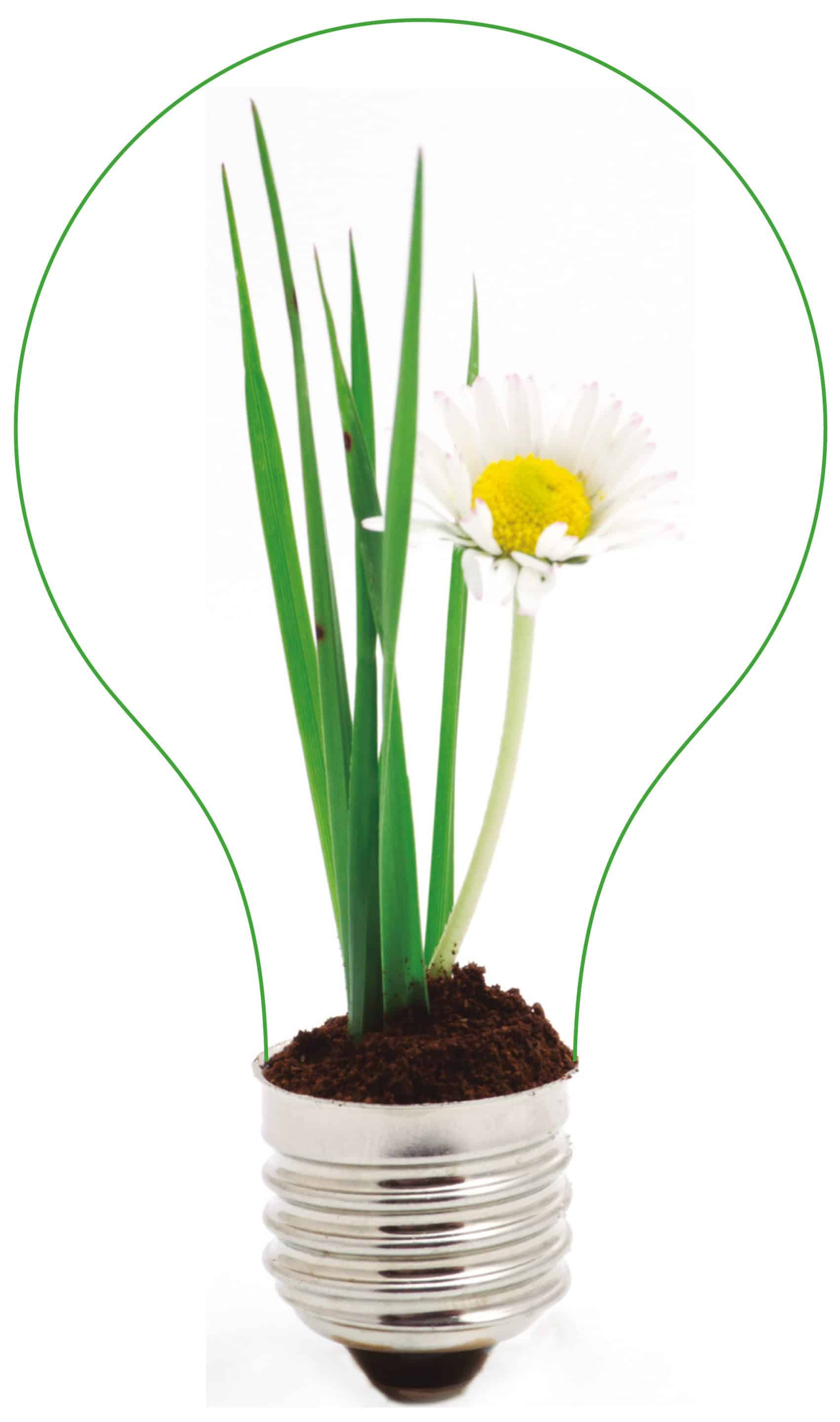
Reducing MAPFRE’s environmental footprint is a key element of our environmental responsibility performance and demonstrates that we want to be an active part of the necessary and urgent transformation to a low-carbon economy.
MAPFRE drafted the Corporate Environmental Footprint Plan 2021– 2030 with demanding objectives. Specifically, by 2024, we have committed to offset MAPFRE’s carbon footprint in eight countries; by 2030, the challenge is to reduce the Group’s carbon footprint by 50% (compared to 2019) and offset the remaining carbon footprint for the Group as a whole. We also joined the Net-Zero Insurance Alliance with the objective of achieving greenhouse emission neutrality by 2050, i.e., net zero emissions in our insurance and reinsurance underwriting portfolios.
To achieve this, MAPFRE is promoting renewable energy, encouraging mobile working, reducing business travel by air and car, and converting its own fleets to ECO vehicles. This year, the company will also have a greater number of sustainable buildings, install more photovoltaic panels for self-consumption, reduce paper and water consumption, and continue to reduce, recycle, and reuse the waste it generates.

Energy
savings
MAPFRE is furthering its commitment to energy efficiency as a key part of its sustainability strategy. To do so, it will reduce the Group’s energy consumption by 40% compared to 2019, specifically to 23 GWh by 2024, a figure equivalent to the total energy consumption of MAPFRE’s US business. By 2030, the reduction will be 60 GWh, equivalent to almost 100% of the Group’s annual electricity consumption in Spain.
We currently use energy from 100% renewable sources in Spain, Portugal, and Germany, and this year we installed 4,700 photovoltaic panels at the head office, which will prevent the emission of 740 tons of CO2 into the atmosphere per year. With this measure, around 40% of the current consumption at the headquarters in Madrid is expected to come from the photovoltaic self-consumption installation. This will serve to supply a large part of the electricity consumption needed for the daily operation of the offices, including the 48 free 22KWh charging points that MAPFRE offers to employees who use electric or plug-in hybrid vehicles.


Green buildings
By the end of 2021, MAPFRE owned 13 buildings (such as Torre MAPFRE in Barcelona) with sustainability certifications, including LEED, BREEAM, and Energy Star (leading energy efficiency and sustainable design seals). Such certifications confirm that these spaces have been built and designed to reduce their environmental footprint through energy conserving, including by making efficient use of water, reducing CO2 emissions, creating an improved indoor environment, and minimizing the use of natural resources, among others. By 2030, 50% of the surface area of large owned buildings will be certified sustainable.

Sustainable mobility
Improving mobility in cities is key to reducing pollution and emissions, and MAPFRE is committed to reducing its travel-related carbon footprint by 34% by 2030. Currently, the company provides its employees with various options. These measures include shuttle buses that connect some offices with the main locations of the city and public transportation, bicycle parking, electrical vehicle rental, charging stations for ECO vehicles, and a video conference system to reduce the need for business travel.
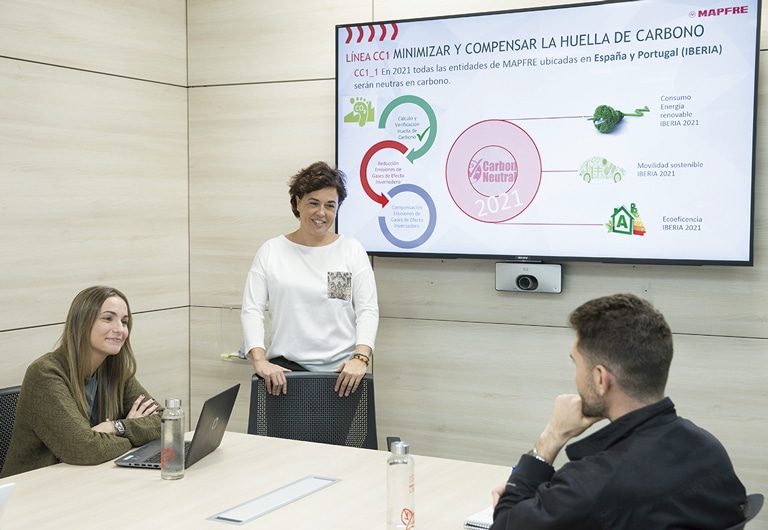
Meeting on carbon footprint
Zero waste
If we manage to properly separate and recycle all the waste we generate in our daily lives, we will be able to give waste a second life and reuse it to prevent it from ending up in landfill. This means we not only reduce our carbon footprint, but we also avoid polluting water, soil, and air, save raw materials, conserve natural resources and ecosystems, and protect health and well-being. In 2021, the company managed to bring ZERO WASTE to its head office as part of a project which saw it recycle 351 tons of waste and reuse 92% of the waste it generated. It will now extend the project to Brazil, Mexico, and Puerto Rico by 2024. We have committed to recover 84% of the waste we generate by 2024, a target we will increase to 90% by 2030.
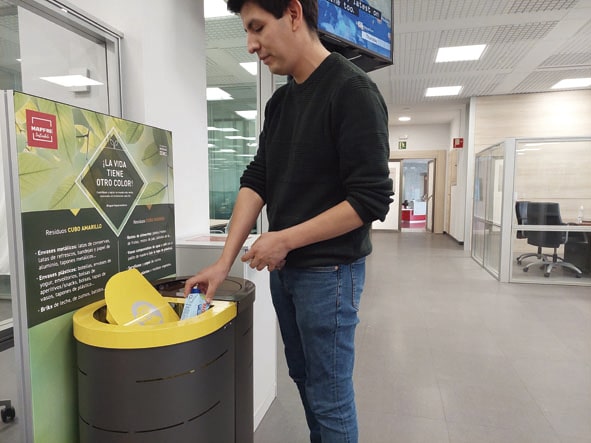

MAPFRE Forest
Reforestation is one of the best tools for mitigating and adapting to climate change; not only does it create a sink for CO2 emissions, but it also regulates the water system, prevents soil erosion and promotes biodiversity. As part of the MAPFRE Forest project, we planted a total of 4,874 trees in the Cerdedo-Cotobade municipality in Pontevedra and another 1,667 in the Parque Natural de Sintra-Cascais in northern Portugal. We contributed to repopulating almost five hectares of areas affected by deforestation through these two projects. The over 6,500 new trees absorb 4,000 tons of CO2 from the atmosphere, which neutralizes 21% of the company’s carbon emissions in those two countries.

Water management
Water resources are critical to the future of our planet, as the availability of drinking water is being threatened by the consequences of climate change. Aware of this reality, the company is committed to comprehensive and sustainable water management at its facilities that will enable it to reduce consumption by 25% by 2030, a challenge it will achieve with technology, regulations, consumption control, and responsibility.


Buy green
As part of the “Buy Green” initiative, we have developed a model for procuring products and services by assigning value to environmental aspects that guarantee the lowest environmental impact during their life cycle. To do so, we defined various lines of action within the tender processes to assess the environmental performance of the goods and services we procure. Our objectives for 2030 include deploying this model throughout the Group, as well as classifying our strategic providers according to environmental criteria and recognizing their environmental performance.
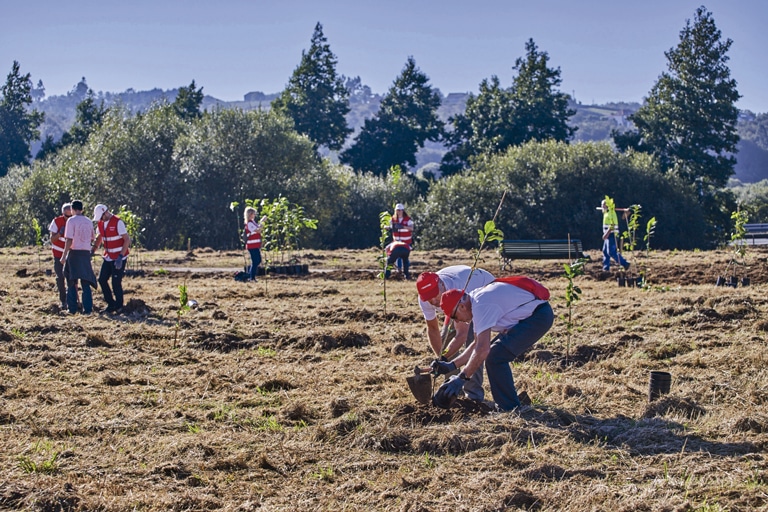
What does decarbonization mean?
Decarbonization refers to anything that helps eliminate the use of fossil fuels (e.g., coal, oil, and natural gas) and fuels that release energy, pollutants, and greenhouse gases when burned. One of the most abundant greenhouse gases produced by human activity is carbon dioxide (CO2). It causes warming of the atmosphere near the earth’s surface and has highly negative consequences for the climate. Decarbonization is no longer a matter of choice; for many companies, like MAPFRE, which aim to become carbon neutral, it is a challenge that requires companies to know their carbon footprint and to identify short-, medium- and long-term strategies to reduce it and offset whatever they cannot eliminate.
In addition to internal and external actions to reduce its footprint and energy consumption, MAPFRE also contributes to decarbonization by incorporating ESG criteria into its investment strategy and does not invest in companies in which 30% or more of their revenue comes from energy produced from coal. Moreover, its commitment to sustainable investments in Spain saw it create the first MAPFRE Renewable Energy fund. Likewise, it applies ESG criteria in underwriting and will not invest in coal, gas, and oil companies that are not committed to an energy transition plan that allows global warming to be maintained around 1.5 °C.
Zero Net Emissions by 2050
MAPFRE joined the Net-Zero Insurance Alliance (NZIA) with the objective of achieving greenhouse emission neutrality by 2050; in other words, the Alliance’s commitment is zero net greenhouse gas emissions from the insurance and reinsurance portfolio. This commitment raises MAPFRE’s standards for sustainability, as it means that in coming years, it must reduce greenhouse gas emissions as far as possible throughout the organization and eliminate residual emissions that it has not reduced through offsetting. In order to do so, MAPFRE must establish underwriting criteria so that it can make a significant impact in terms of emissions, as well as define decarbonization commitments with major customers and promote agreements, products, and services that foster carbon footprint reduction, among other measures.
Being Net-Zero means that the Group is contributing to one of the goals of the Paris Agreement, which consists of limiting the rise in global temperature to 1.5 °C above preindustrial levels by 2100.
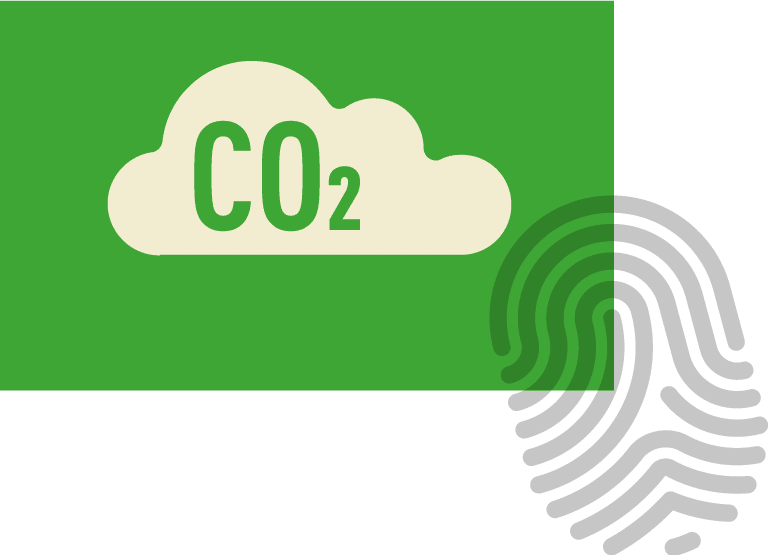

Antonio Huertas
“Essential for the planet”
“Economic decarbonization is essential for the planet,” said Antonio Huertas, MAPFRE CEO, who stressed that “our environmental commitment is to continue raising the standards for sustainability firmly and progressively, guiding society in a fair transition and helping our customers and people who depend on the company’s activity to also move in the right direction.” He also highlighted that “we are playing our part, and we care about improving our environmental footprint, promoting the circular economy, and supporting the fair transition toward a net-zero economy through underwriting and investment as we prioritize people’s well-being.”

